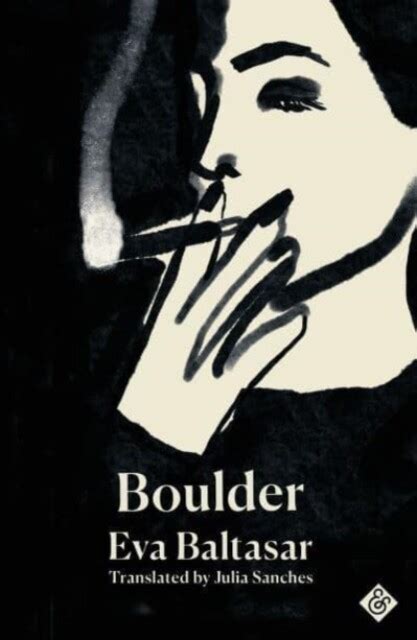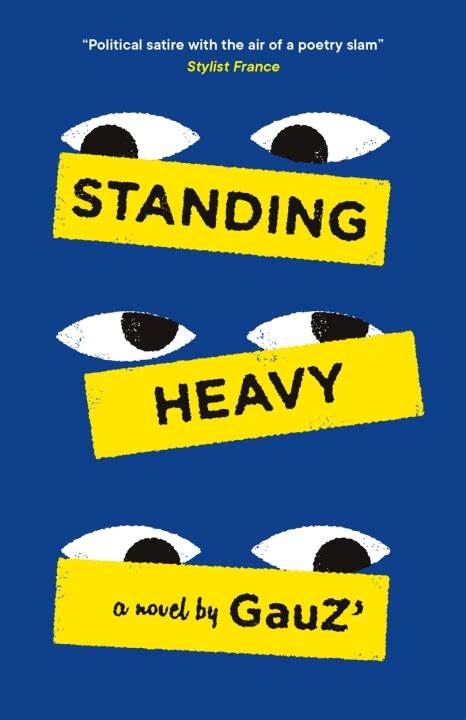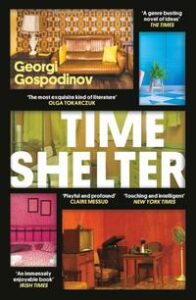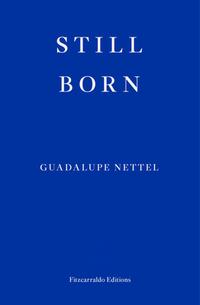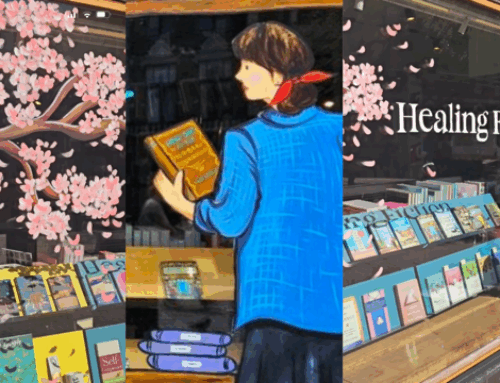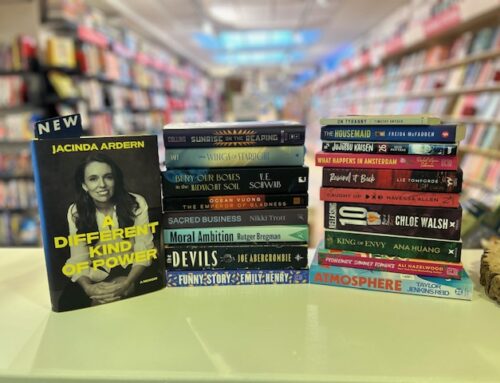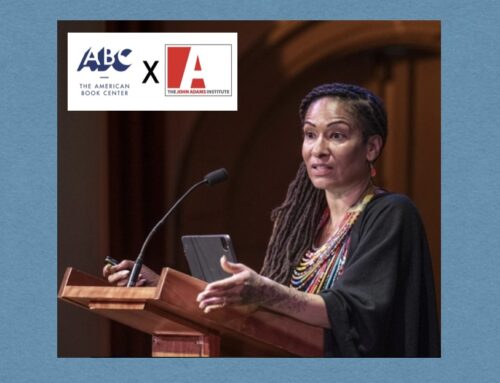Written by Lauren
It’s that time of year again! The shortlist for the International Booker Prize was announced earlier this week, and its six titles include works from six different countries, two debuts, two languages new to the prize (Catalan and Bulgarian) and five novels by female writers. Awarded annually for “the finest fiction from around the world” translated into English (with a cash prize of £50,000, almost 57,000 euro), this year’s winner will be announced in London on May 23.
With topics ranging from queer love and motherhood to an alleged child of God and a “clinic for the past” offering treatment for those suffering from Alzheimer’s, judges have described this year’s shortlist as “subversive and sensual” and “a list of remarkable variety.” Read on to see what they are and why judges chose them.
Boulder by Eva Baltasar, translated by Julia Sanches
“Boulder is a sensuous, sexy, intense book. Eva Baltasar condenses the sensations and experiences of a dozen more ordinary novels into just over 100 pages of exhilarating prose. An incisive story of queer love and motherhood that slices open the dilemmas of exchanging independence for intimacy.”
Whale by Cheon Myeong-kwan, translated by Chi-Young Kim
“An adventure-satire of epic proportions, which sheds new light on the changes Korea experienced in its rapid transition from pre-modern to post-modern society.”
The Gospel According to the New World by Maryse Condé, translated by Richard Philcox
“A miracle baby is rumoured to be the child of God. Award-winning Caribbean author Maryse Condé follows his journey in search of his origins and mission.”
Standing Heavy by GauZ’, translated by Frank Wynne
“A sharp and satirical take on the legacies of French colonial history and life in Paris today. Told in a fast-paced, and fluently translated, style of shifting perspectives, Standing Heavy carries us through the decades.”
Time Shelter by Georgi Gospodinov, translated by Angela Rodel
“A ‘clinic for the past’ offers a promising treatment for Alzheimer’s sufferers: each floor reproduces a decade in minute detail, transporting patients back in time.”
Still Born by Guadalupe Nettel, translated by Rosalind Harvey
“Two best friends share an aversion to ‘the human shackles’ of motherhood, only to discover that life has other plans. With a twisty, enveloping plot, the novel poses some of the knottiest questions about freedom, disability, and dependence – all in language so blunt it burns.”

